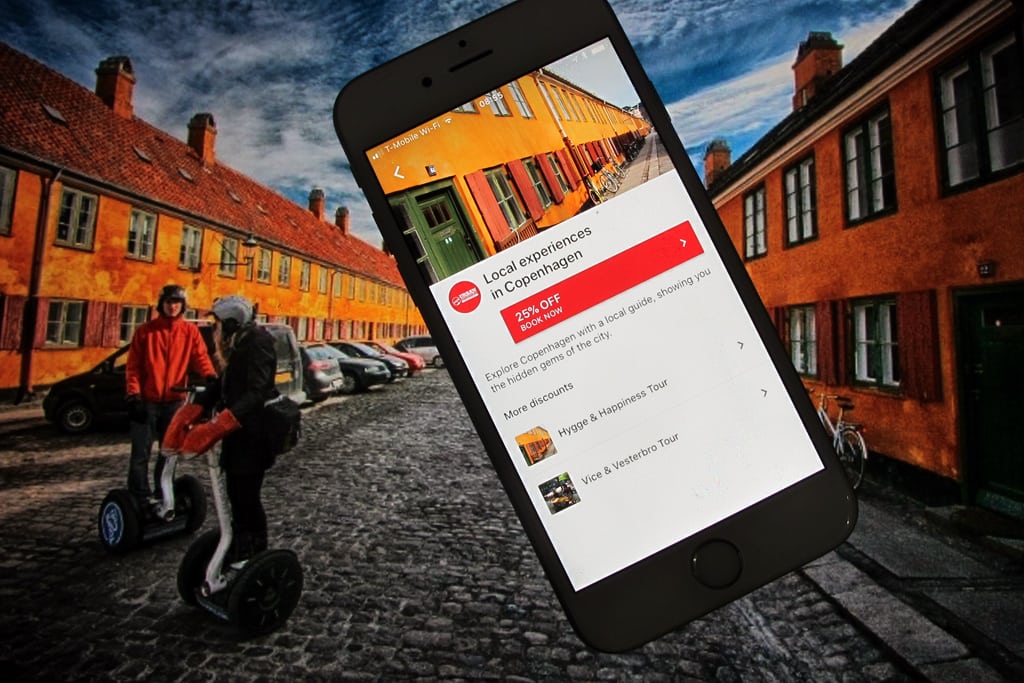Skift Take
With another multibillion dollar fine handed down, we might be getting nearer to the European Commission taking a closer look at Google's travel products.
Ever since the European Commission slapped Google with a $2.7 billion (€2.42 billion) fine a year ago for breaching antitrust rules with its shopping product, there have been rumors that its travel tools might be next in the firing line.
So far, however, nothing has materialized and instead the commission, which serves as the European Union’s executive arm, came down hard Wednesday on Google’s Android operating system, fining the company $5 billion (€4.34 billion) for imposing “illegal restrictions on Android device manufacturers and mobile network operators to cement its dominant position in general Internet search.”
It’s another meaty punishment — although one that Google again plans to appeal — and shows just how happy Commissioner Margrethe Vestager is to go up against the technology giant. Might she now want to take a look at Google’s travel offering?
Last year, The Times of London reported that the commission was looking at Google’s flight and hotels services, although there appears to be no formal proceedings.
A spokesperson for the Commission declined to comment on any other potential action but pointed to a paragraph from the Google shopping announcement last year, which read: “The Commission also continues to examine Google’s treatment in its search results of other specialised Google search services. Today’s decision is a precedent which establishes the framework for the assessment of the legality of this type of conduct. At the same time, it does not replace the need for a case-specific analysis to account for the specific characteristics of each market.”
Case for a Travel Investigation?
Some people in the travel industry feel today’s decision should act as a springboard for further probes into Google’s conduct.
“The commission’s antitrust decision in the Google Android case is welcome, as it addresses yet another area of abuse by Google which hampers market entry, innovation and competition,” said Christoph Klenner, secretary general of the European Technology and Travel Services Association, a lobbying group for online travel companies.
“However, the Commission now needs to swiftly and resolutely address Google’s continued abuse of dominance notably in flight and accommodation search, which costs travel consumers in excess of $12 billion every year.”
While Google did appeal last year’s decision relating to its online shopping search product, it also introduced its own remedy that it hoped would assuage the commission’s issues.
The problem for Google is that some of its biggest critics have said its solution isn’t working.
Foundem founders Adam and Shivaun Raff, who have fought a battle against technology giant over the last couple of years, wrote to Vestager earlier this year, saying that despite Google agreeing to some remedy proposals, “the harm to competition, consumers and innovation caused by the infringement” continued.
In a more recent submission to the commission, the Raffs go into more details about the flaws in Google’s argument and say it could actually do more harm then good and impact other sectors such as “as travel search, local search, jobs search, property search, and so on.”
“In each case, sophisticated vertical search functionality will be replaced wholesale by a crude and positively harmful collection of pay-for-placement ads,” they said.
Meanwhile, the U.S. Federal Trade Commission investigated Google several years ago and declined to take any action despite internal recommendations to do so.
The Daily Newsletter
Our daily coverage of the global travel industry. Written by editors and analysts from across Skift’s brands.
Have a confidential tip for Skift? Get in touch
Tags: android, antitrust, eu, european commission, european union, google, regulation
Photo credit: Google has been levied with another multibillion dollar fine by the EU, this time related to its Android business. Pictured is the Google Trips feature, which was not part of the ruling. Skift
